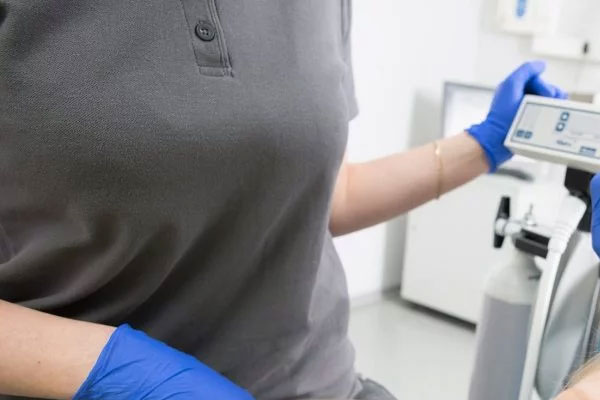Our teeth do more than just chew and bite and must be considered valuable assets.
Even if your mouth has room for only 28 teeth, your complete set is likely to end up with 32. The last teeth are what is commonly called wisdom teeth.
These are ancient relics from bygone days when our ancestors ate rougher foods and therefore required the use of more teeth. These often grow behind the molars, also known as the third molars, and are the last to come out – usually between the ages of 17 and 25.
Almost every person goes through the trouble related to wisdom teeth at some point in their lives. For many, there is no alternative to deal with troubles besides resorting to extraction.
When Should You Go for Wisdom Teeth Extraction?
You can opt for wisdom teeth removal for any of the following reasons:
1. Third molars are usually lodged in the back of the mouth, which can be uncomfortable. They may not come out completely and can be trapped in your jawbone or gums. This is known as impacted wisdom teeth and can cause tremendous pain.
2. If they come in at an incorrect angle and press against neighboring teeth.
3. If you have cavities or gum disease, it becomes difficult to reach your wisdom teeth with a toothbrush or dental floss.
4. Our mouth is not big enough to accommodate 32 teeth in many cases, wisdom teeth can create overcrowding and make it very uncomfortable.
Some signs indicating an immediate need to undergo wisdom teeth extraction such as:
- Pain
- Infection
- Cysts
- Gum Disease
- Tooth Decay
- Injury or damage to neighboring teeth
These signs could be mild during the initial stages and may not cause any discomfort initially. However, wisdom teeth will eventually cause problems if left unchecked.
Things To Ask Before the Procedure
The dentist/ oral surgeon will meet with you to talk about the upcoming process. In this appointment, make sure you:
- Talk about any major health issues you have.
- Mention any medications you are currently taking regularly.
Also, plan to schedule time off from work or school so that the recovery process is smooth.
What To Expect During the Procedure?
When it is time for your wisdom teeth removal, your dentist will check and may refer you to an oral surgeon or maxillofacial surgeon. Depending on how the teeth have grown within your jaw, there are several ways to remove them.
If your wisdom teeth have already broken through your gums, removing them will be less complicated. Things are more complicated if your wisdom teeth are impacted, meaning they are caught in your gums or under your jaws. In such cases, your dentist will make a small cut through the gum tissue above the tooth and get rid of the tooth’s bone that covers it. The tooth may be broken into parts before extraction. It is always recommended to do this extraction when you are younger because the tooth’s roots are not fully formed and the surrounding bone is softer.
Your doctor will likely use any of the three anesthesia types so to lessen the pain during teeth extraction:
- Local
- General
- IV Sedation
After the Surgery
Resting is vital to reduce any swelling or other discomfort. Positioning your head to the side and keeping an ice pack on it for the first 48 hours also helps. To prevent dry sockets, you are advised to keep your mouth clean, eat soft and liquid foods, and avoid straws and smoking.
See your dentist or surgeon’s office for more special care instructions.
Wisdom teeth extraction, though a fairly common dental procedure, needs expert guidance.
If you have more questions visit our website Dr. Beena George Dentistry or want to book an appointment, call us at 905-542-9999.



